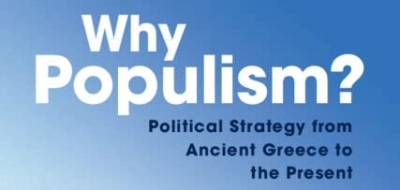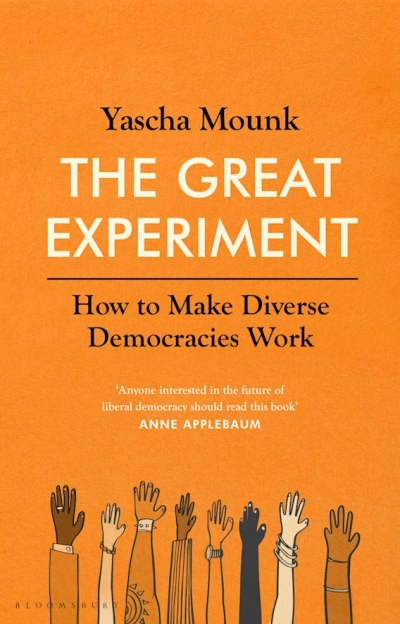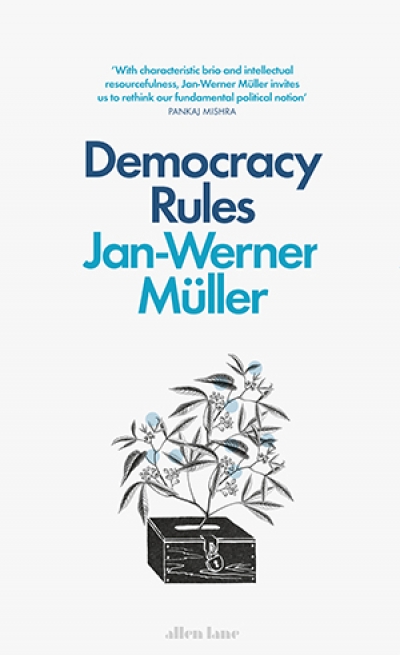Ben Wellings
Another England: How to reclaim our national story by Caroline Lucas
by Ben Wellings •
Fractured Union: Politics, sovereignty and the fight to save the United Kingdom by Michael Kenny
by Ben Wellings •
Why Populism?: Political strategy from Ancient Greece to the present by Paul D. Kenny
by Ben Wellings •
The Parliamentary Battle Over Brexit by Meg Russell and Lisa James
by Ben Wellings •
The Great Experiment: How to make diverse democracies work by Yascha Mounk
by Ben Wellings •
Englishness: The political force transforming Britain by Ailsa Henderson and Richard Wyn Jones
by Ben Wellings •
Counter-Revolution: Liberal Europe in Retreat by Jan Zielonka
by Ben Wellings •








